Protected persons: Missing persons
… of families who lost loved ones in the Russia-Ukraine Armed Conflict Africa: Cases of …
… of families who lost loved ones in the Russia-Ukraine Armed Conflict Africa: Cases of …
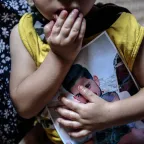
… to Pakistan, Norway, Philippines, Chechnya, Russia, Syria, Israel, Palestine and Papua New …
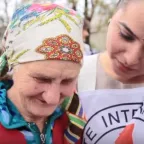
… in the international armed conflict between Russia and Ukraine, our work in helping POWs …
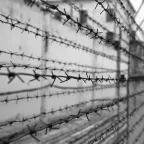
… since early 2022 due to the onset of the Russia-Ukraine international armed conflict. …
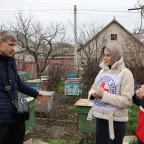
… Large-scale drone and missile attacks in the Russia - Ukraine international armed conflict … and returned home. We have supported Russia and Ukraine in the repatriation of …
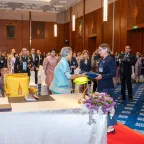
… and volunteers of the Rostov branch. Adygea, Russia. A displaced Ukrainian family receives …
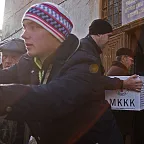
… here today. Thank you to the Government of Russia, and in particular to the Russian …

… soon in Ireland. Similarly for Australia, Russia, South Korea, South Africa and the US. …
… produced worldwide comes from Ukraine and Russia. Since June 2021, the price of wheat …

… 2 and 7. 9 ECtHR, Rantsev v. Cyprus and Russia, no. 25965/04, 2010, paras 232–233. 10 … 2005, para. 258; Khadzhialiyev et al v. Russia, no. 3013/04, 2008, para. 121; IACtHR, … Art.12. 15 ECtHR, Sabanchiyeva et al v. Russia, no. 38450/05, 2013, para. 138. See …
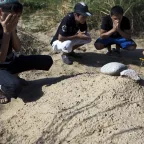
Try one of the following resources:
Created in 1863, the ICRC library, alongside the ICRC archives, provides an indispensable documentary reference on the organization itself and international humanitarian law.
International humanitarian law is based on a number of treaties, in particular the Geneva Conventions of 1949 and their Additional Protocols, and a series of other instruments.
Customary international humanitarian law consists of rules that come from "a general practice accepted as law" and that exist independent of treaty law.